What spatial qualities can be created from parking lots in cities?
Client
Federal Institute for Research on Building, Urban Affairs and Spatial Development (BBSR)Project period
June 2023 — October 2025Services
Co-creative process design, moderation, workshopsWorking method
Process support, dialog eventsProduct
Process design for transformationOur expertise
Spatial development, policy designPartner
Gertz Gutsche Rümenapp (GGR), Mundialis GmbH, paper planes e.V.Links
Download
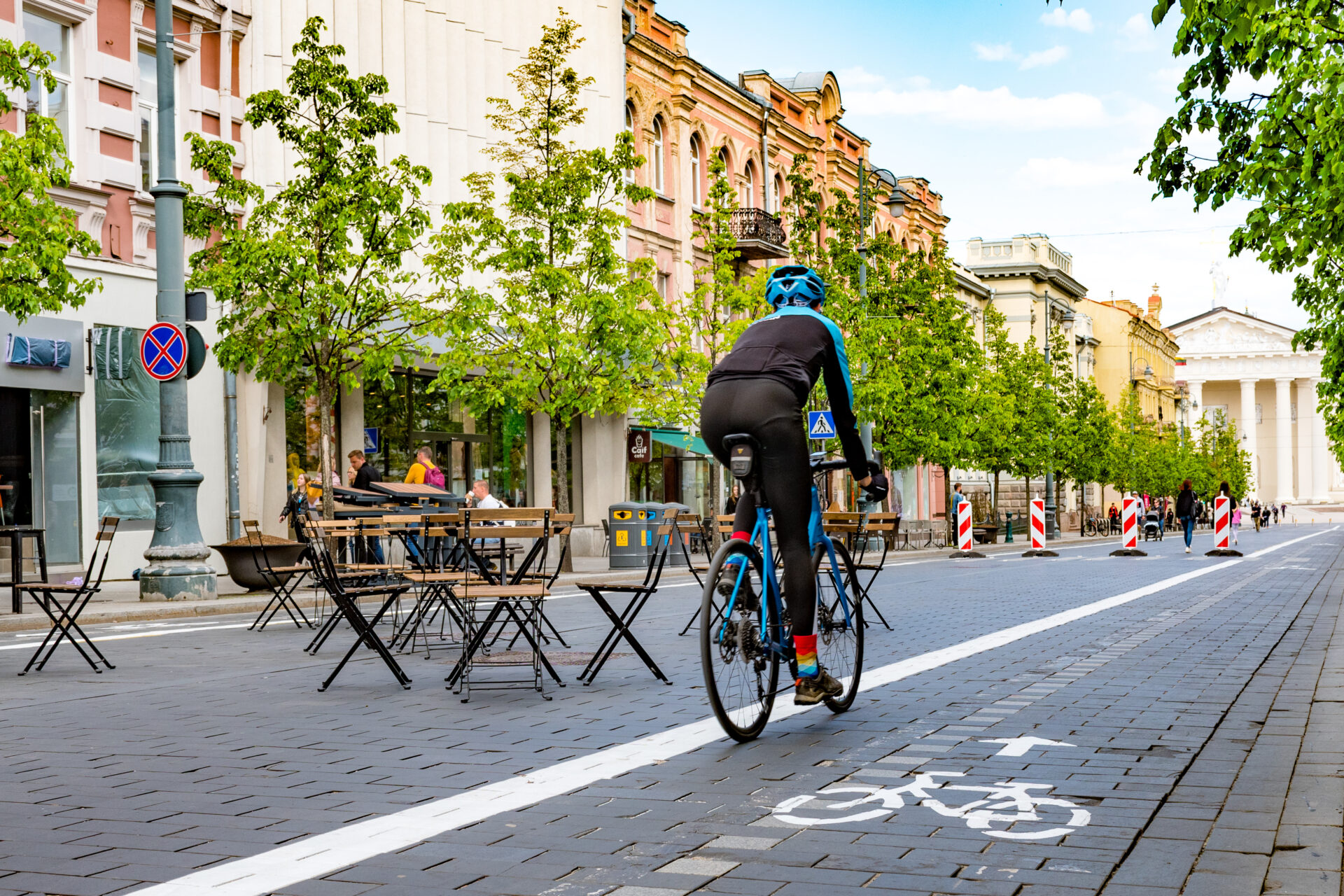
Recognizing the potential of parking lots: Developing new spaces
We are working with GGR GbR, Mundialis GmbH and paper planes e.V. on behalf of the BBSR on the transformation of parking lots. On average, a car in Germany spends 23 hours and 15 minutes parked on asphalt. According to the recommendation of the Road and Transportation Research Association, this floor space should in future take up 14 square meters instead of 12.5 square meters. Elsewhere, such as in Paris, wide cars have to pay three times the parking fee. In Germany, car owners spend 41 hours a year looking for a parking space. Stationary traffic therefore takes up a large proportion of the space in urban, suburban and rural areas.
In view of the need for space for housing, workplaces and infrastructure facilities as well as for high-quality public open spaces and the challenge of unsealing areas in the course of climate adaptation, the question of how to deal with the high land consumption of stationary traffic is more pressing than ever.
The research project aims to develop a methodologically sound, spatially specific and transferable recording, classification and evaluation of large-scale parking areas. On the other hand, solutions are to be developed for different types of parking lots with regard to the diverse usage options.
We are supporting the project through co-creative workshops with local authorities. In Görlitz, Dortmund and Ulm, new uses are being developed for selected areas. These offer the opportunity to create multi-coded spaces. Specific examples of solutions that have already been implemented are illustrated, classified and evaluated in order to provide stakeholders from politics and urban development with well-founded support for possible implementations.
Project components
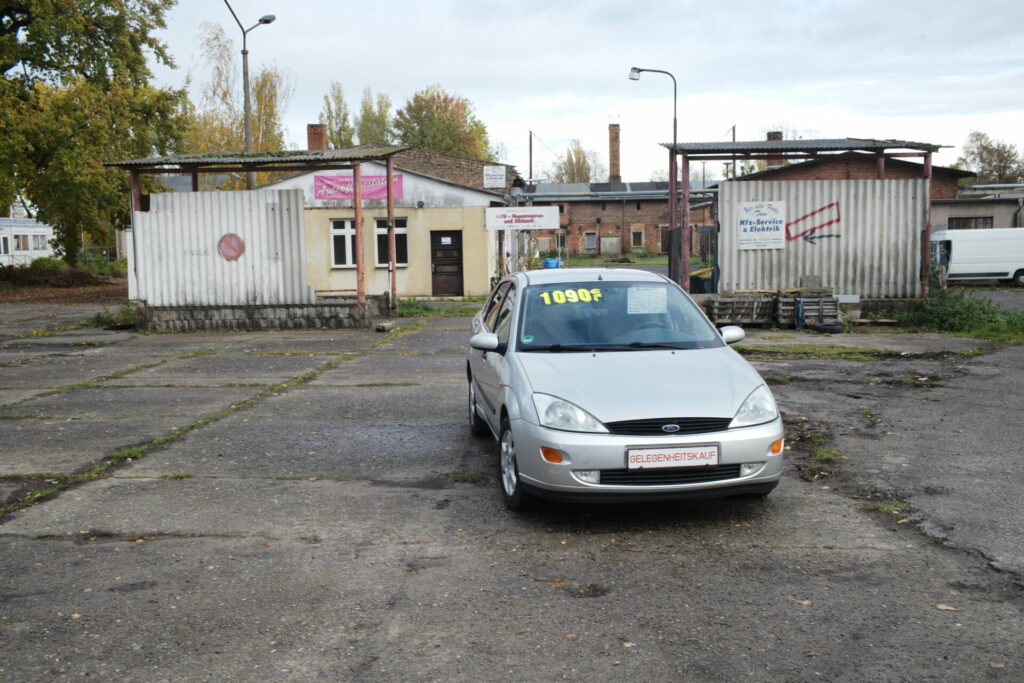
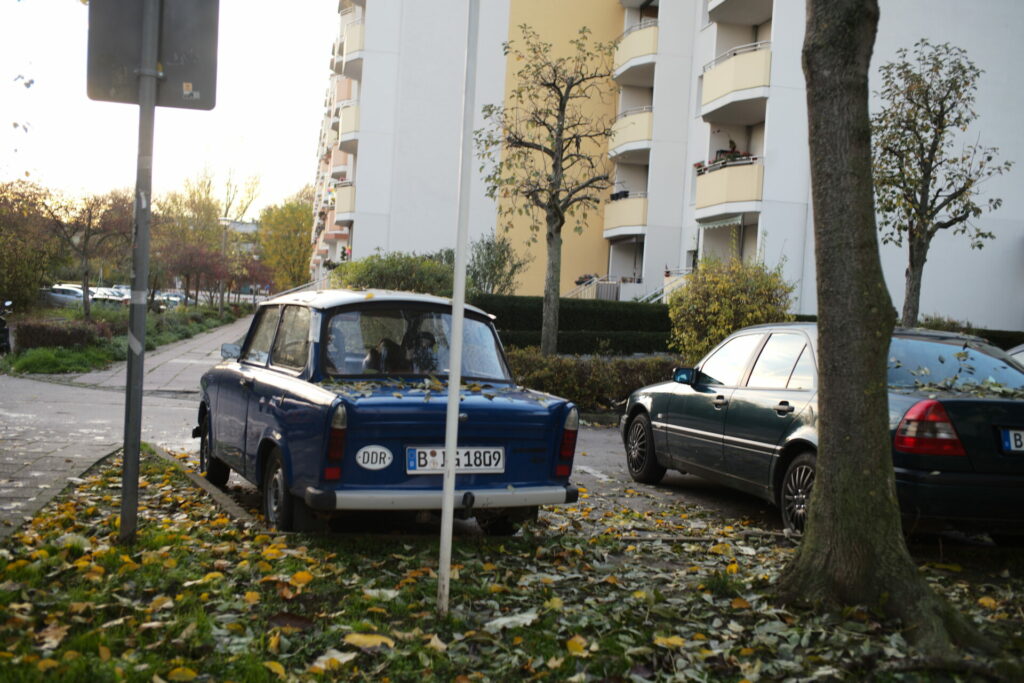
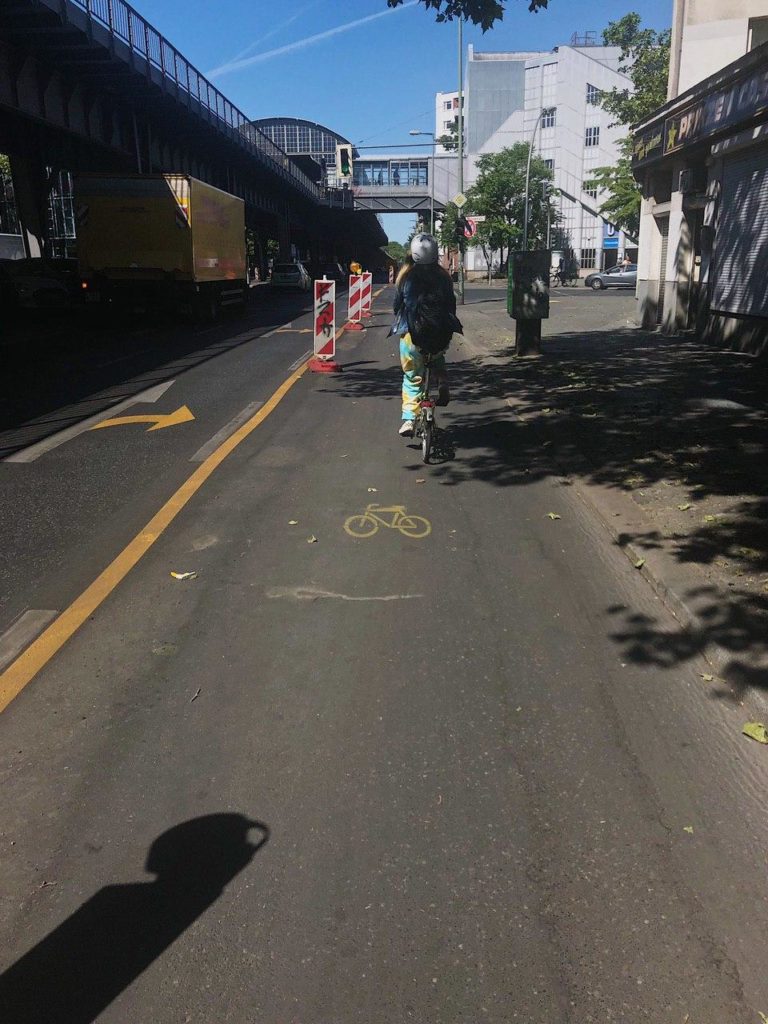
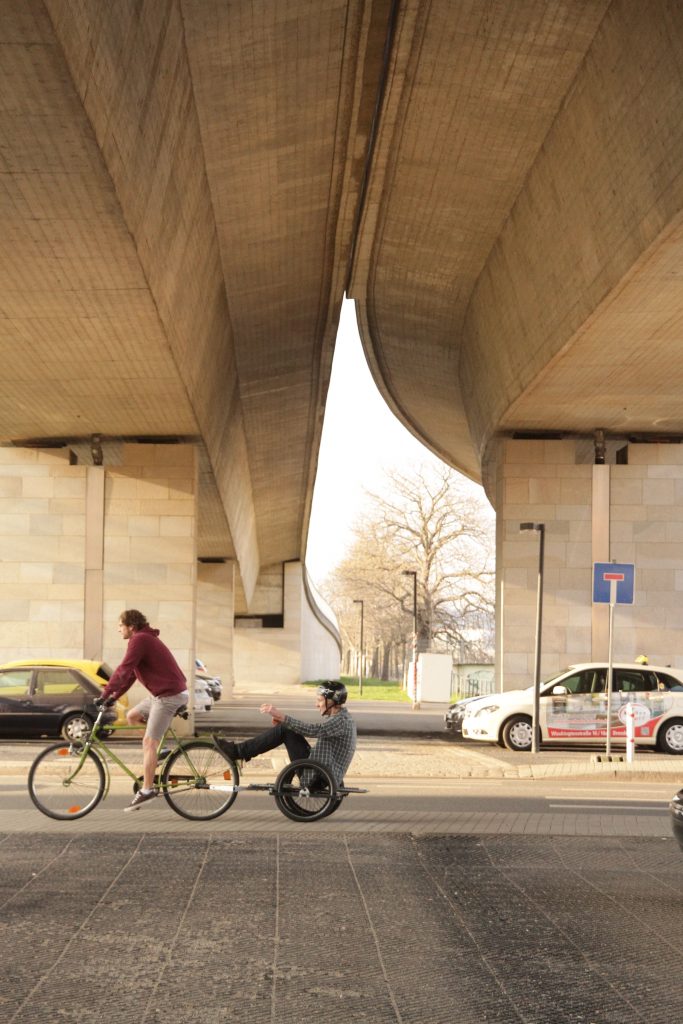
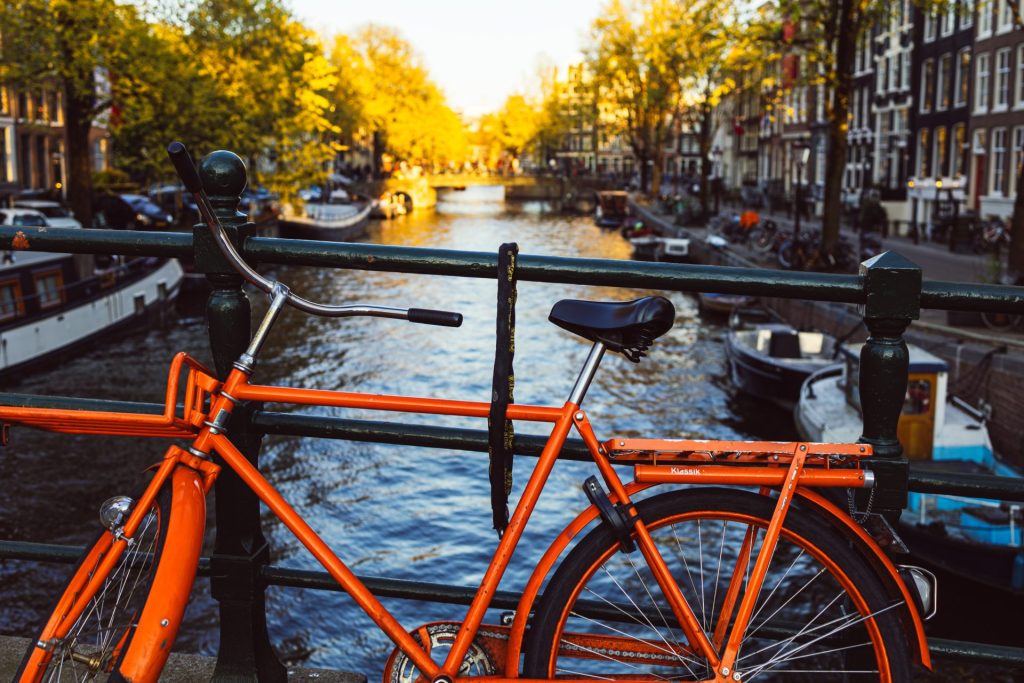
Related projects
Feasibility study on urban gardening and indoor farming in the city centre of Wilhelmshaven
Wilhelmshaven wants to use urban gardening and vertical farming to tackle the vacant space in the city centre. Together with paper planes e.V. and AAA GmbH in Bremen, we are examining site conditions and utilisation options. Citizens should participate and also become users of the products.
Client: City of Wilhelmshaven
German Baukultur in an European context. Guidelines for Baukultur in Germany
The aim of this project is to draw up "Guidelines for Baukultur in Germany": as a key document, it will formulate the federal government's position on Baukultur. The guidelines aim to describe objectives, fields of action and requirements as well as specific tasks in the area of Baukultur in Germany.
Client: BBSR (Bonn)
Post-corona city – reorientation of city centre development in Kiel
We are developing spatial profiles for the post-pandemic "reprogramming" of Kiel's city centre for the Kiel Economic Development Agency.
Client: Kiel-Marketing
Revitalising city centres? A digital hackathon develops solutions in Herrenberg
Multiplicities is designing and moderating a "digital hackathon" for the EU Interreg project "CINEMA" in 2020-21. The results of the hackathon for the revitalisation of city centres will be exhibited in public spaces and invite city dwellers to add to them, comment on them and continue to negotiate them as an urban community.
Client: Stuttgart Media University / Stuttgart Economic Region
Process management for flexible spaces at the gasworks in Augsburg
Multiplicities manages the strategy development for new flexible spaces on the Gaswerk site in Augsburg (Germany). Gasworks Labs integrate users and neighbours and thus gradually ensure acceptance and participation. Flexible spaces are to be built and ready for use from 2021.
Client: Augsburg municipal utilities (swa)
EU-Cost Action: The geography of New Working Spaces and the impact on the periphery
The geography of New Working Spaces and the impact on the periphery. The aim of the COST Action is to discuss the results of international research projects on the phenomenon of new workplaces.
Client: EU COST